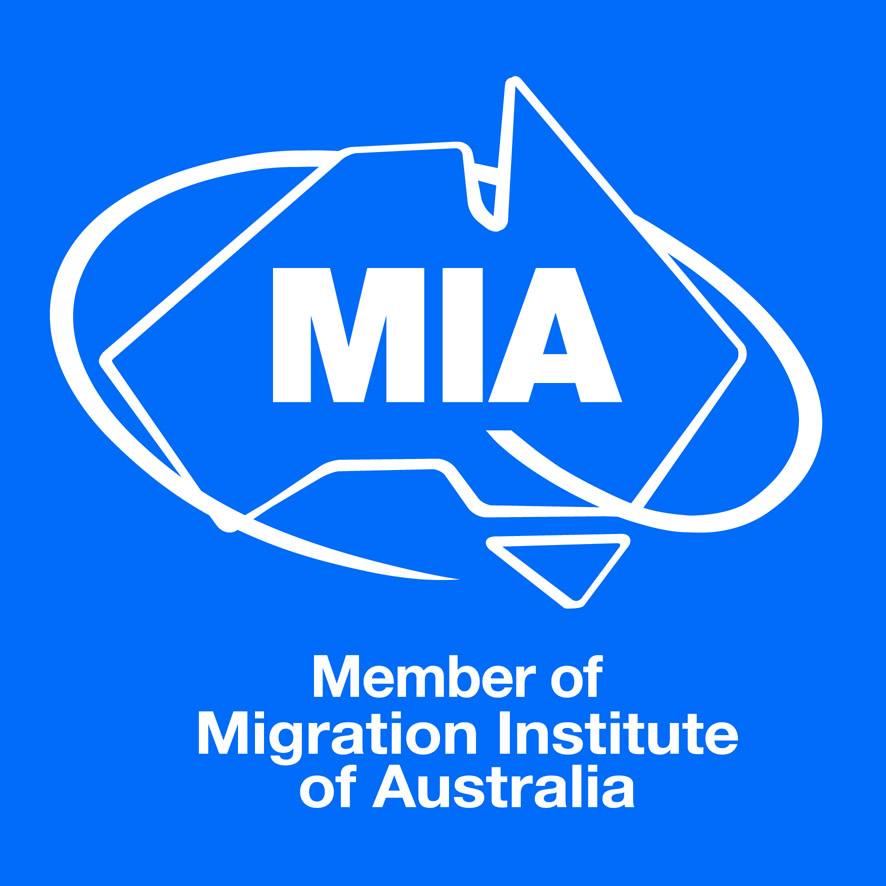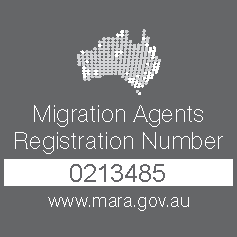When it comes to sponsoring migrant employees, employers need to ensure they meet sponsorship obligations. Employers can hire or sponsor skilled workers already in Australia that hold a working visa or they can sponsor skilled workers to come to Australia.
Sponsorship obligations start the day a standard business sponsorship is approved or a work agreement commences. To retain or renew a standard business sponsorship, sponsor obligations must continue to be met.
What are a Sponsor’s Obligations?
In addition to providing legal pay rates, leave conditions, shift arrangements etc, providing payslips, superannuation and taxation documents to the employee and providing a safe workplace, a sponsor must:
Advise the Department of Home Affairs when certain events occur
Any changes to names, partnerships, financials or changes related to the employees job must be communicated in writing.
Ensure employees only work in their nominated occupation
The sponsored employee must only work in the occupation you nominated them for. A change in occupation requires a new nomination to be lodged.
Ensure equivalent terms and conditions of employmentn
The annual earnings of the employee must be at least the same as those stated on the nomination application. The employment conditions should also be the same as those of an equivalent Australian worker.
Provide training to Australians and permanent residents
If you lawfully operated your business in Australia at the time your standard business sponsorship was approved or if you had the terms of your approval varied then you are obliged to contribute to the training of Australians.
Not engage in discriminatory recruitment practices
When recruiting, you may not discriminate against race, gender, social group or pregnancy.
Keep records
You must keep all records that show you have complied with the sponsorship obligations. They must be kept in a reproducible format.
Provide records and information
If requested, you must supply departmental officers with records relating to the sponsorship.
Assume all costs yourself
All costs associated with becoming a sponsor, nomination charges and migration agents are your responsibility. This also applies to costs related to the recruitment process.
Cooperate with inspectors
If you are investigated in relation to your sponsorship obligations you must provide access to your premises and supply any requested documentation to the inspectors.
What Happens if Sponsor Obligations are not Met?
The Department of Home Affairs monitors sponsors and sponsored employees to ensure all obligations and conditions are being met. This monitoring will occur up to five years after your sponsorship ends.
If sponsorship obligations are not met then the following actions may take place:
- You may be barred from sponsoring additional visa holders for a specified time
- Your application for the current sponsorship or any other visa may not be approved
- All your existing sponsorship approvals may be cancelled
- You may be asked to enter into an enforceable undertaking that will require you to promise, in writing, to complete certain actions to show that the failures have been rectified and won’t happen again
- You may be issued with an infringement notice
- The department may apply to a court for a civil penalty order of up to AUD63,000 for a corporation and AUD 12,600 for an individual for each failure
Action may also take place if:
- You provide false or misleading information to the department or the Administrative Appeals Tribunal
- You no longer satisfy the criteria for approval as a sponsor or for variation of a term of that approval
- You have been found by a court or competent authority to have broken a Commonwealth, state or territory law
- The person you have sponsored breaks a law relating to the licensing, registration or membership needed to work in the nominated position
The disciplinary action taken depends on whether you are a standard business sponsor or have a work agreement. If you have a work agreement, the agreement could be suspended or terminated in accordance with the clauses of the particular work agreement.
If you would like to learn more about sponsorship obligations or any other migration issue, contact the VSA team today. It is a complex subject so it is important to speak with someone in the know.







